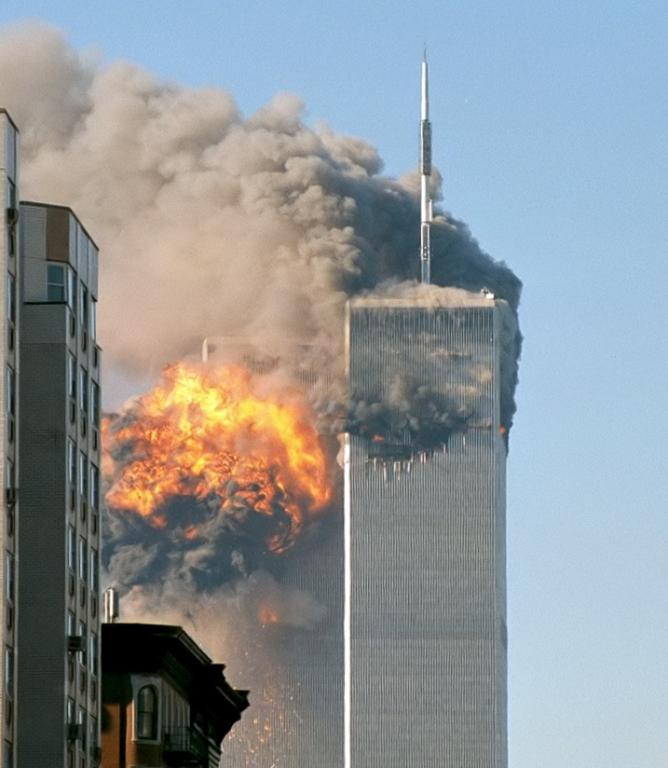
(Wikimedia Commons public domain photograph)
There are, as we all know, events that are so seared into our memories that we never forget where we were when they happened. I’m so very old, for instance, that I can recall hearing about the Beatles’ legendary first appearance on The Ed Sullivan Show on Sunday, 9 February 1964. I was out on the Thomas Jefferson Elementary School playground — it was probably Monday, 10 February — and somebody asked me whether I had seen the Beatles. I had missed the show, and had never heard of the Beatles. But Ed Sullivan had them on again on 16 February and 23 February. I watched them, and I was hooked. I’ve been an enthusiastic fan ever since, taking up the guitar not long thereafter. (Just last night, my wife and I enjoyed the film Yesterday — considerably more than the critics had led me to expect that we would.)
On a far darker note, I also vividly remember being told on Friday, 22 November 1963, out on that same Jefferson School playground, that President John F. Kennedy had been shot. I recall watching the television back in our classroom, the announcement that the President was dead, and our teacher, old Mrs. Fahnstock, sobbing. These were grim, sobering, solemn days. All weekend, my parents and I were glued to the coverage on our black and white television screen. (To my delight, we had bought a color television on Thursday night. But it hadn’t yet been delivered.) On Monday, everybody watched President Kennedy’s magnificent but incredibly sad state funeral. It was, in its terrible way, one of the most grand and patriotically affirming things that I’ve ever seen. America and its constitutional order seemed holy to me then, and, in many ways, it still does. Which is why certain politicians have seemed so sacrilegious to me since.
And, of course, there are the attacks of 11 September 2001.
It’s astonishing to me to realize that none of my students this term are old enough to remember those horrible events.
But I remember them. Like millions of others, I will never forget them.
I was brushing my teeth just before 7 AM, preparing to go up to campus to teach the day’s classes. As is my habit, I had just turned the news on out in the bedroom. I like to catch up on the headlines while tying my shoes, and so forth. But for the moment I wasn’t listening.
“Dan,” my wife called to me. “You need to get out here and see this.”
The North Tower of the World Trade Center had already been hit. People were wondering whether it was accidental; I myself had previously marveled, during some approaches to New York City, how close our plane was to Manhattan, and how easy it would be (owing to a pilot heart attack or error, or a gross mechanical malfunction, or a suicidal urge) to crash into a building with catastrophic results.
As we watched, mesmerized, another plane hit the South Tower.
There could be no doubt, now, that these attacks were deliberate. And I instantly knew who was behind them. Usama bin Laden and al-Qaeda, I was aware, favored simultaneous attacks (as in the case of the bombings of the American embassies in Dar es Salaam, Tanzania, and in Nairobi, Kenya, on 7 August 1998).
I remember, now sitting on the edge of our bed watching as things unfolded, wondering whether there still remained any point at all in the Islamic Translation Series that I had just founded at BYU, partly as an essay in bridge-building between the Islamic peoples and the West. My project seemed so pathetically small against the background of appalling events that, I knew, had just transformed the world. Very powerfully, I heard a voice in my mind say “It’s more important now than it has ever been.”











